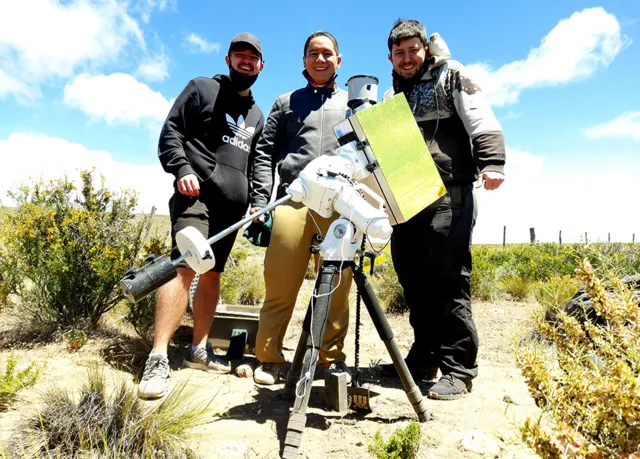Eclipse fever is building. Millions in North America are hoping to spend around four minutes in total darkness as the Moon blocks the Sun's light on Monday.
For some, those precious minutes will be an opportunity for often impossible science experiments - a chance to unravel the secrets of our universe.
Researchers will fly rockets into the path of the eclipse, stand in zoos watching animals, send radio signals across the globe, and peer into space with massive cameras.
And you don't need to be a scientist to take part.
But it could still go wrong. A solar flare or even some humble clouds could throw those plans into turmoil.
Possibilities of mating turtles or snoozing gorillas
Prof Adam Hartstone-Rose from North Carolina State University will spend Monday at the zoo in Fort Worth, Texas.
He'll be looking out for strange behaviours in animals from gorillas to giraffes to Galapagos turtles. Spoiler: during the 2017 eclipse, the turtles suddenly started mating.
Lots of animals appear to have anxious responses to the sudden darkness.
"The flamingos last time did a beautiful thing," he says. "As the eclipse was building, the adults gathered the chicks into the middle of the flock, and looked into the sky as if they were worried about an aerial predator coming down."
